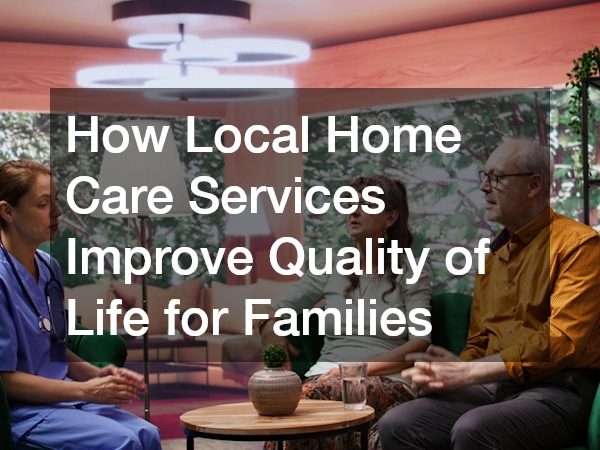The Center for Disease Control and Prevention (CDC) estimates that six out of ten American adults are dealing with a chronic disease. By 2020, the estimate is that any government agency and private organizations, including private hospitals and clinics, will be dealing with 157 million patients suffering from chronic diseases. The number of deaths and disabilities has driven the annual healthcare cost to around $3.5 trillion. Chronic diseases are the primary cause of death and disability in America.
Would it be all despair from hereon once you’ve been diagnosed with a chronic disease? Many do not discard all the pain and discomfort. But they also find ways on how to cope with the illness. Here are a few things to note to help you understand chronic diseases and how you might deal.
Brief Overview of Chronic Disease
If your illness persists for more than a year or longer, it is considered a chronic disease. The leading sicknesses categorized as chronic include heart diseases, diabetes, cancer, kidney diseases, and autoimmune disorders. These diseases are costing Americans the most. Four diseases alone—heart diseases, cancer, mental conditions, and pulmonary diseases are worth $1.3 million annually.
Coping may come easier for those who could afford to build their staffing at home to include caregivers, nurses, and therapists. The likes of Floyd Lee Locums can aid in the search for the right staff. For others, they rely on sheer will and the support of family members.
Coping with the Disease

Pain, discomfort, and multiple trips to the doctor are some things one needs to endure regularly. Dealing with an illness is not going to be easy. You sometimes need to take it day by day. Here are a few things to note to help you cope if you’ve just been diagnosed with a chronic disease.
- Grieve. If you find yourself in pain, physical or otherwise, then you’re grieving. Doctors suggest that you allow yourself to go through Kubler-Ross’s five stages of grieving, which is “denial, anger, bargaining, depression, and acceptance.” You must have an honest recognition of each step. Allow a loved one to share your process by having a conversation with them.
- Be vigilant with your treatment. True acceptance means listening and acting on the advice of experts, medical experts in particular. Making the trips to a rehab center or clinics for treatment can be a drag, but it’s something that you must do wholeheartedly. Build a relationship with your doctors and therapists. Ask questions or share your stories of recovery. Find medical practitioners with whom you can establish a good rapport.
- They understand and love you. It’s easy to retreat and isolate yourself from your loved ones because you don’t want to be a burden and you feel ashamed. Guess what? They also want to help you in every way they can. So, let them. Keep the communication lines open and be honest. Also, find out if there are support groups who identify with your experience.
- Be thankful. This step might seem hard given that you didn’t win the “good health lottery.” Still, find little things that you can be grateful for like you were able to eat well, or you didn’t feel as much pain today as yesterday. Gratitude and positivity are the engines that will power your way forward.
Understand how your body reacts to medication and relay to your doctor immediately any weird feeling you might have. For some, a sense of spirituality helps in decreasing stress; for others, yoga or quiet meditation and a healthy diet works just fine. The options are there for coping. Make sure you find yours. This list is a good start.






